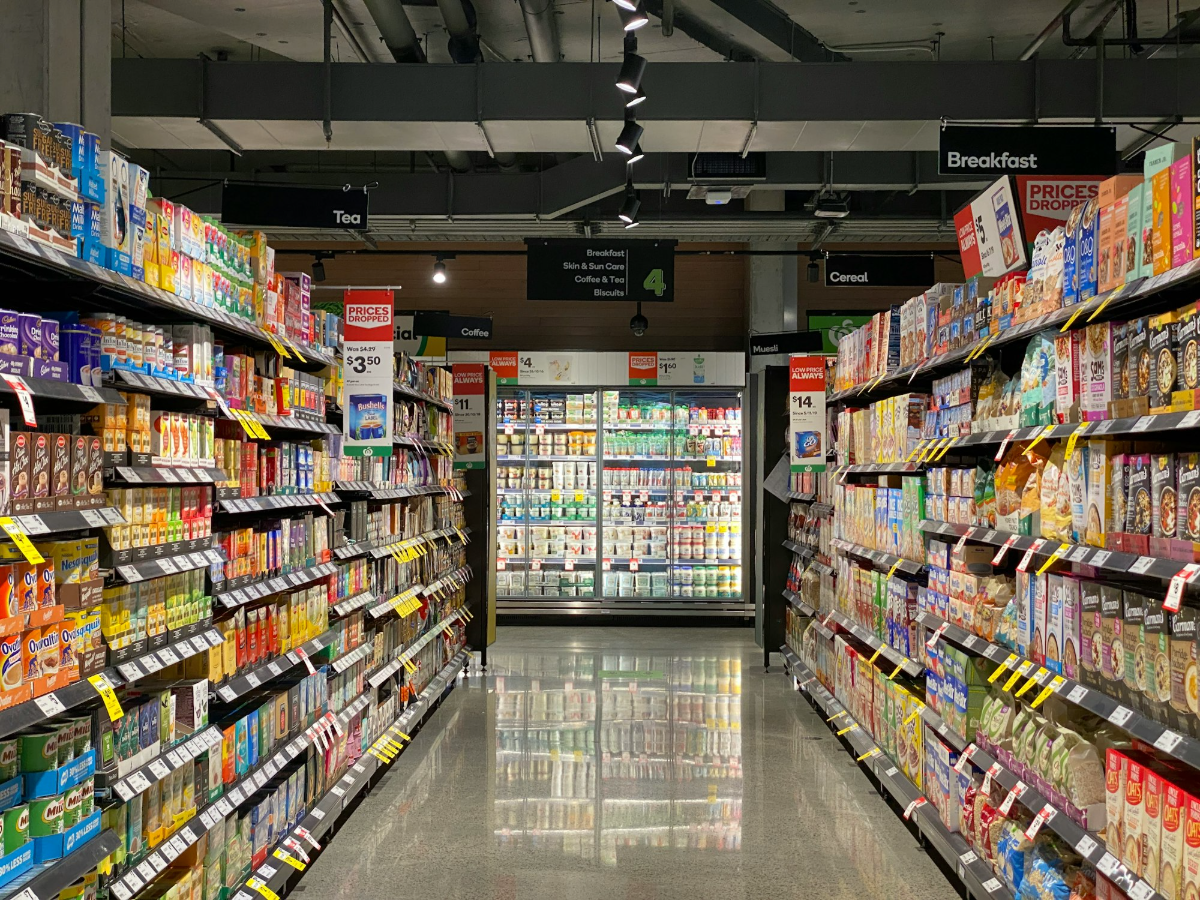There are many effective strategies to reduce your grocery costs. Here are some of the best hacks, from planning ahead to smart shopping habits:
1. Master Your Meal Planning and Lists
- Plan your meals: Before you shop, plan your meals for the week.1 This ensures you only buy what you need and helps you use up ingredients you already have.2
- Shop your pantry first: Check your fridge, freezer, and pantry to see what ingredients you already have.3 Build your meal plan around those items to avoid buying duplicates and reduce food waste.4
- Make a list and stick to it: A detailed shopping list helps prevent impulse buys.5 Use a physical list or a digital app that can be shared with family members and even organize items by aisle for efficiency.
- Never shop hungry: This is a golden rule for a reason. Shopping on an empty stomach makes you more likely to throw extra items into your cart.6
2. Shop Smarter and Strategically
- Look for sales and deals: Check weekly flyers, store apps, and websites for special promotions.7 Plan your meals around what’s on sale.
- Buy seasonal produce: Fruits and vegetables are cheaper when they are in season because they are more readily available.8
- Compare unit prices: Don’t just look at the total price. Check the unit price (e.g., per ounce or pound) to see if a larger package is truly a better deal.
- Buy generic or store brands: Many store-brand items are made by the same companies as their name-brand counterparts but cost significantly less.9
- Shop the perimeter of the store: The freshest, most essential foods like produce, dairy, and meat are usually on the outer aisles. The center aisles often contain more processed, expensive foods.
- Look on the top and bottom shelves: Grocery stores often place the most expensive items at eye level.10 Scan the shelves above and below to find cheaper alternatives.
- Shop at different stores: No single store has the best prices on everything. Consider a circuit that includes big-box stores, discount chains (like Aldi or Lidl), and local ethnic markets, which often have better prices on produce and spices.
- Use loyalty programs and apps: Sign up for store loyalty cards to access member-only discounts.11 Use cash-back apps and credit cards that offer rewards on grocery purchases.
- Consider a wholesale club membership: If you have a large family or can split purchases with a friend, a membership to a club like Costco or Sam’s Club can offer significant savings on bulk items.12
3. Change Your Cooking and Eating Habits
- Reduce food waste: Wasted food is wasted money.13 Meal prep, use leftovers, and learn how to properly store fresh food. For example, you can freeze meat that is nearing its expiration date.
- Buy whole foods: Pre-cut fruits and vegetables, shredded cheese, and prepared meals are more expensive for the convenience.14 Buy whole ingredients and do the prep work yourself.
- Incorporate more plant-based proteins: Proteins like beans, lentils, and tofu are often much cheaper than meat and are great for your health and wallet.15
- Make your own staples: Instead of buying pre-made items, consider making your own coffee, bread, or sauces. This can be more economical and healthier.
- Buy in bulk (with caution): Bulk buying can be a huge money saver for non-perishable items you use frequently, but only if you will use it all before it goes bad.16
4. Understand When to Shop
- Mid-week is often the best time for sales: Many grocery stores release their new weekly ads on Wednesday. This means that if you shop on a Wednesday, you can often “double dip” and find some items that are still on sale from the previous week’s ad, in addition to the new deals.
- Look for manager markdowns: You’ll often see these stickers on meat, dairy, and produce that are close to their expiration date. These can offer significant savings and are perfect for items you plan to cook or freeze immediately.
- Take advantage of holiday clearance: Stock up on deeply discounted seasonal items like candy after holidays such as Halloween and Christmas.17
- Learn the sale cycles: Items often go on sale in a predictable 6-8 week cycle.18 Pay attention to the sale flyers to know when to stock up on your family’s favorite items.


Leave a Reply